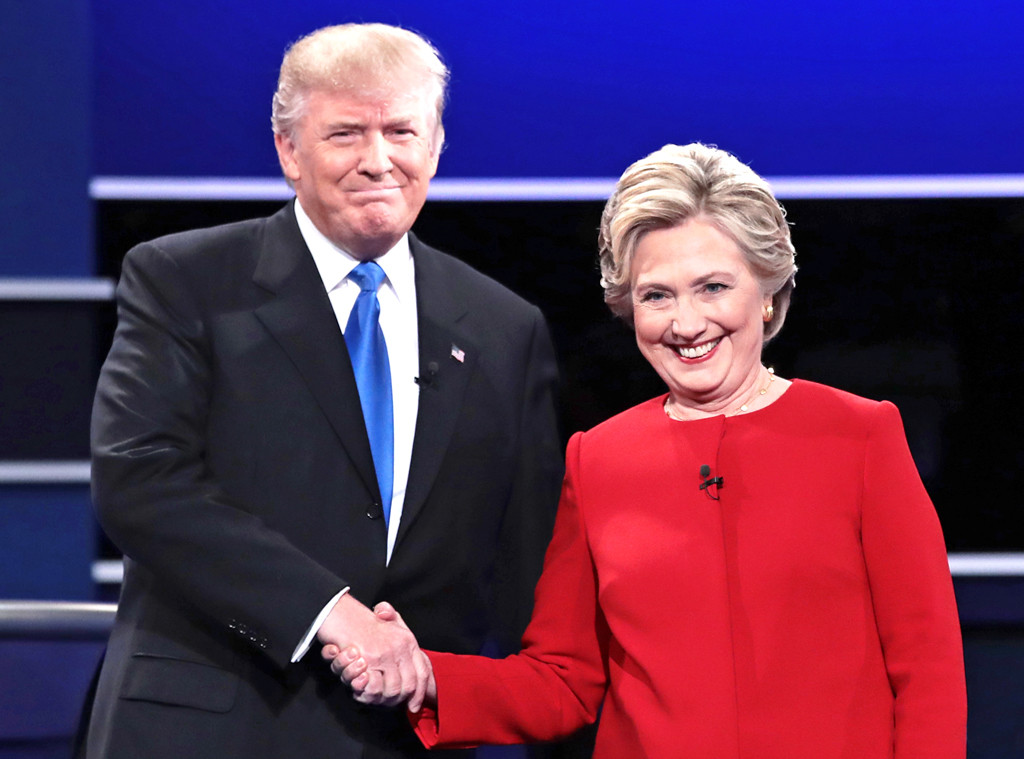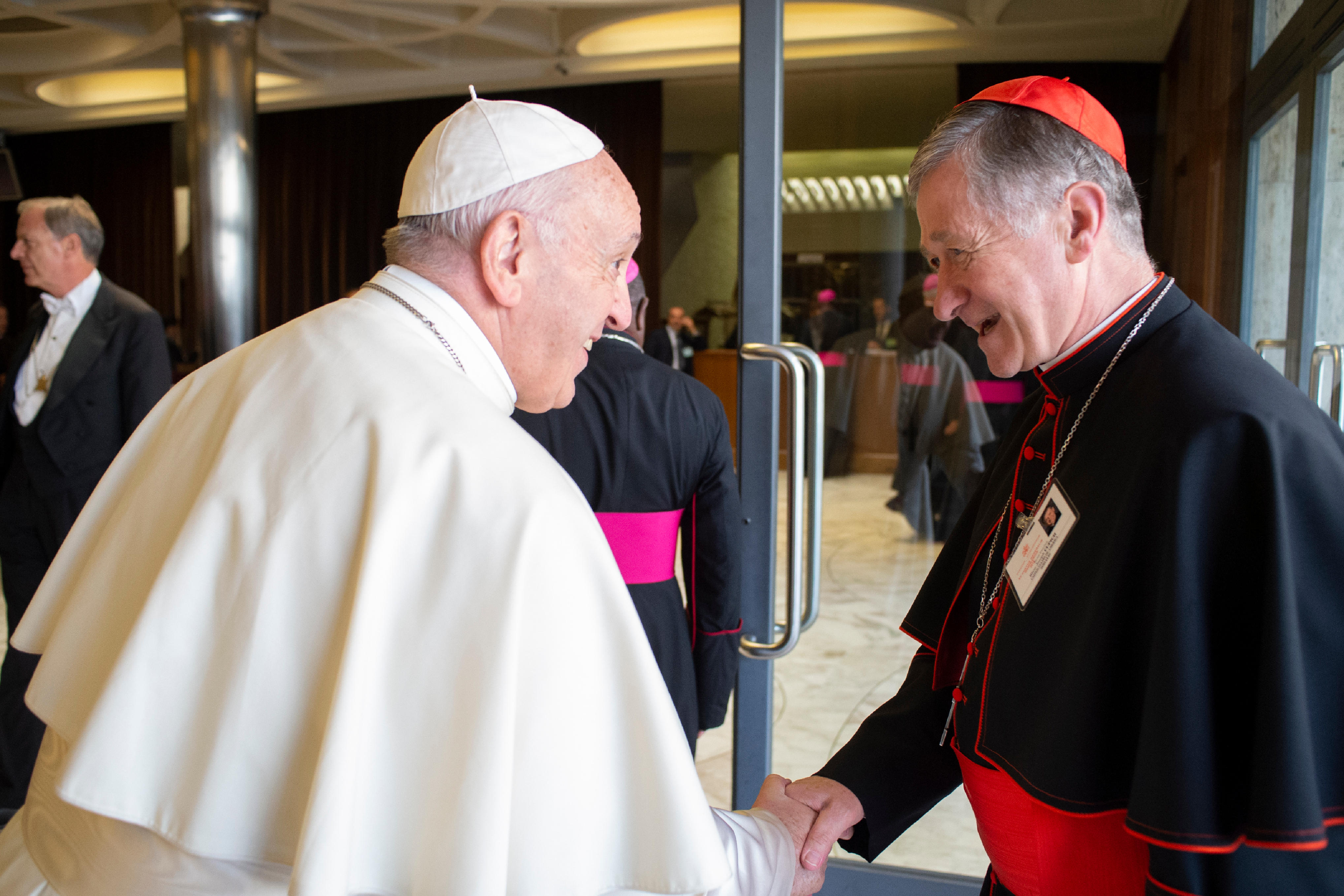By Roger Kimball
https://amgreatness.com/2019/01/04/the-character-that-matters/
January 4, 2019

Aristotle
A few days ago, American Greatness published some thoughts of mine about Jonah Goldberg’s contention that “President Trump is not a man of good character” and that, consequently, his administration “will end poorly.”
“Character,” Jonah says, “is destiny.” Trump’s character is bad. Therefore his destiny is grim.
While acknowledging that the president is an imperfect man (but at whom can that criticism not be leveled?), I also defended Trump’s character. Quoting Cardinal Newman, I noted that character was a multifaceted attribute. A man, said Newman, “may be great in one aspect of his character, and little-minded in another. . . . A good man may make a bad king; profligates have been great statesmen, or magnanimous political leaders.” I believe President Trump has been astonishingly successful during his first two years. I believe further that his success is a testament to the strength of his character.
Jonah disagrees with me absolutely about Trump’s character and, in a more qualified way, about my assessment of Trump’s successes. I am pleased that his explanation of those disagreements provides me an opportunity to expand on and clarify a couple of points.
To start with a clarification. Jonah says that in my earlier column I seemed determined “to minimize, dispute, divert, and debunk the contention that Donald Trump is a person of bad character, while never actually denying it. The goal seems to be less to rebut my argument than to confuse the issue.”
I apologize for my lack of clarity. Let me rectify that by stating baldly I do believe Donald Trump is, in the ways that matter for a president, a man of good character.
I hasten to acknowledge that Jonah takes me and other supporters of the president to task for qualifications like “in the ways that matter for a president.” He thinks all such admissions are obfuscating rhetorical window dressing designed to conceal “a new and wholly instrumental definition of good character. Not only is Trump doing things conservatives want, but because Trump is doing what conservatives want, he clears a definition of good character.”
I would answer that, first, the idea of character I have in mind is not a new one. One might trace it back to James Madison’s thoughts, in Federalist 51, about the relationship between private imperfection and the public good. Indeed, one might trace it back to Aristotle’s discussion of the good at the beginning of the Nicomachean Ethics.
I think it is also worth pondering the work that Jonah wants the adverb “wholly” to do in the deflationary phrase “wholly instrumental.” Any meaningful definition of good character has to involve an instrumental element. Otherwise the character in question would be impotent. This is part of what Aristotle meant, I think, when he observed that “it is our choice of good or evil that determines our character, not our opinion about good or evil.” In dismissing the connection between character and potency as “wholly instrumental” Jonah flirts with an idea of character that is unanchored to the realities of life.
In a related criticism, Jonah complains that some of the president’s supporters defend him by comparing his behavior to the behavior of other politicians. This he calls “Whataboutism.” Donald Trump is alleged to have had an extramarital affair with Stormy Daniels. OK, but Bill Clinton did icky things with Monica Lewinsky. (I am not sure the cases are really comparable, but you see the strategy.)
Tu quoque objections are generally unconvincing and are certainly not, as your mother will have told you, exculpatory. But Jonah misses the larger point here. Many people were surprised when Peter Thiel declared his support for Donald Trump. He was just about the only Silicon Valley entrepreneur who did. One interlocutor, citing something unpalatable that Trump had done or said, asked Thiel how he could support Trump given his outré behavior. I don’t support him because of the things he does that I don’t like, Thiel said, but because of things that he does that I do like.
I think that is a mature and politically potent attitude. And it brings me to the two elephants that loiter about the room whenever the discussion turns to Trump’s character and fitness for office. The first elephant is named Hillary Clinton. Jonah has been a staunch critic of Hillary Clinton. Bravo for that. But I believe I am correct in saying that confronted with the choice between Hillary Clinton and Donald Trump he abstained from voting for either. To me, although I too live in a place where Republican votes do not count, the choice between Hillary Clinton and Donald Trump was an existential, a moral choice—a choice, if you like, that turned upon the character of the two candidates.

I submit that anyone possessed of even a smidgen of what Henry James called “the imagination of disaster” will shudder that the prospect of what a Clinton presidency would have entailed. Who knows whom she would have nominated to the Supreme Court and other federal courts, what she would have done about taxes, about energy, about the plague of political correctness on college campuses, about military spending, about border security, about North Korea’s nuclear ambitions, about religious freedom, about militant Islamism, about American manufacturing, about the size of government and the burdens of the regulatory state.
I say “Who knows,” but of course we all know. Hillary Clinton was the most corrupt serious candidate for the presidency in history, and her corruption was evident not merely in her lying to Congress and the the FBI, her pay-to-play schemes while secretary of state, and her handling of the Benghazi attack. It was evident, too, in her fealty to the dictates of the administrative state, to the unaccountable elite that 63 million voters elected Donald Trump to combat. And who knows what she would not have done, such as prime the economy to ensure near record peacetime unemployment and strong economic growth—which are moral acts in themselves given the millions whose live have already been changed.
Which brings me to the other pachyderm in the vicinity. The most important pro-Trump essay to have been published on the run-up to the 2016 election undoubtedly was “The Flight 93 Election” by Michael Anton (writing then under the pseudonym Publius Decius Mus). The most famous bit of that essay—an essay Jonah took to task when it appeared—is the arresting comparison of the election to the doomed United Flight 93. The airliner was commandeered by murderous al-Qaeda fanatics. The only chance the passengers had was to storm the cockpit and try to retake control of the plane. The United States, Anton argued, faced an analogous peril. Its controls had been commandeered by people who would ruin us unless stopped. There was no guarantee that storming the “cockpit” of government by electing Donald Trump would save us. But it was our only hope.
That idea, as I say, was the most famous part of Anton’s essay. But perhaps even more telling in the context of this discussion about character was what he had to say about the conservative establishment.
If conservatives are right about the importance of virtue, morality, religious faith, stability, character and so on in the individual; if they are right about sexual morality or what came to be termed “family values”; if they are right about the importance of education to inculcate good character and to teach the fundamentals that have defined knowledge in the West for millennia; if they are right about societal norms and public order; if they are right about the centrality of initiative, enterprise, industry, and thrift to a sound economy and a healthy society; if they are right about the soul-sapping effects of paternalistic Big Government and its cannibalization of civil society and religious institutions; if they are right about the necessity of a strong defense and prudent statesmanship in the international sphere—if they are right about the importance of all this to national health and even survival, then they must believe—mustn’t they?—that we are headed off a cliff.
Alas, as Anton goes on to observe, “it’s quite obvious that conservatives don’t believe any such thing, that they feel no such sense of urgency, of an immediate necessity to change course and avoid the cliff.” The status quo is the nutrient jelly in which they live. They may criticize it. But they would not dream of changing it.
In is in this context—the context of Hillary Clinton as the only alternative to Donald Trump and the existential peril that Anton outlined—that we must place any meaningful discussion of Trump’s character. James Piereson makes an illuminating point about this aspect of the issue. “The problem with Trump,” he writes, “is that it is hard to say what his character is, or where his unusual style ends and his character begins, or whether or not the various things he does actually reveal his character.”
If Trump’s character is his destiny, then it is hard to understand how he managed to come as far as he has through the ups and downs of a business career and now election to the highest office in the land. If we take his critics at their word, then Trump’s bad character should have taken him out of the business world and certainly out of the presidential race a long time ago. Bad character leads to a bad ending. His success up until now, far surpassing the achievements of most mortals, contradicts the proposition that “character is destiny,” unless one is prepared to say that there are important aspects of Trump’s character that produced his success—a proposition that is worth pondering.
And this brings me to another thing that has struck me about much anti-Trump rhetoric: its astringent but unidirectional moralism. By “unidirectional” I mean directed exclusively at Donald Trump when there are many other suitable objects of moral obloquy parading about. Just yesterday, Bill Kristol, primus inter paresof the NeverTrump fraternity, provided a good example of the sort of moralism I have in mind. “Trump,” Kristol wrote on Twitter, “is in fact losing to the left and destroying a decent and elevated conservatism as he does so.”
What is this “decent and elevated conservatism” of which Kristol speaks? It is, of course, the conservatism that he and his friends represent—the conservatism Michael Anton anatomized in his remarkable essay, a conservatism, alas, that may have the right opinion about morality but is too feckless actually to choose it.
The reason I am happy to say that Donald Trump, despite his imperfections, is a man of good characteris that he has again and again shown himself to be willing to storm the cockpit of our corrupt, sclerotic, and increasingly unaccountable governmental apparatus. He has worked tirelessly on behalf of the American people and by implication (and it was part of his genius to make this connection) on behalf of people everywhere. He understands that his job is to put America first, but that by so doing he benefits everyone with whom we deal. Those things, I think, are marks of good character.
One codicil. I have deliberately avoided engaging with most of the particulars of Jonah’s indictment of president, mostly because many of the items he mentions are subject to vastly different interpretations. For example, he cites “Trump’s inability to hold onto cabinet secretaries of quality” as a reflection of his bad character, but has Trump been unable to hold onto “cabinet secretaries of quality”? I can imagine someone arguing that Trump’s cabinet, that his team in general, is stronger now than it ever was. But I understand that opinions differ.
I did, however, want to say a word about Jonah’s comment about the president’s attitude toward the First Amendment. In my original column, I responded to Jonah’s earlier criticism of the president’s “rants against the First Amendment” by saying that I couldn’t recall any such rants. Jonah responded to this by observing,
on numerous occasions the president has talked about “opening up” libel laws and revoking FCC licenses of certain news outlets, endorsed physical assaults on protestors, wanted to ban adherents of an entire religion from entering the country, celebrated the physical assault of a reporter, said (while in Canada) that it is “frankly disgusting the way the press is able to write whatever they want to write,” and so on. I don’t think his rants about “fake news,” “the enemy of the people,” etc. are necessarily anti-First Amendment. But given the larger context of his views, I think it’s reasonable to see them that way.
I will pass over the more contentious items in this list. I do not think, for example, it is accurate to say the president “wanted to ban adherents of an entire religion from entering the country.” But I did want to comment on Jonah’s point about “opening up” libel laws. The case in question was the landmark 1964 decision in New York Times v. Sullivan, which made it almost impossible for any “public figure” to win a libel action. The press loved this decision. But, as the legal scholar Glenn Reynolds noted in The Judiciary’s Class War, the decision was in effect “a subsidy to media companies, whose libel risks (and insurance premiums) were drastically reduced. It also meant that juries . . . had far less power in libel cases. Perhaps coincidentally (but perhaps not), trust in the press has fallen steadily since the Sullivan ruling freed media organizations from previously existing legal accountability.”
This was a point that the lawyer Gregory J. Sullivan dilated on in Jonah’s magazine, National Review, on the 50th anniversary of the decision in 2014. Although the press celebrated the anniversary as a triumph for free speech, Sullivan wrote, for “those committed to the text and history of the Constitution, and a judiciary tethered to them, there is nothing at all to celebrate.”
Even by the imperial-judiciary standards of the Warren Court, this case stands out as something of a classic effusion in that Court’s project of remaking American society to conform with its far-Left preferences. There is no question that the case is a watershed: Before New York Times v. Sullivan, the first amendment protected a free press that was responsible in law for its errors; after and because of this case, the press has anything-goes immunity from almost any mistakes, no matter how damaging. As a policy matter, this may or may not be a prudent development. Constitutionally, the decision is an infamous failure and a disgrace to the judicial role.
When one surveys the extraordinarily vituperative, monolithic, and unfair coverage under which the president and anyone associated him struggle it is easy to see why he castigates “fake news” and thinks about revisiting decisions like New York Times v. Sullivan. Far from being an assault on the First Amendment, I’d say it was an effort to protect it by limiting its abuse.





